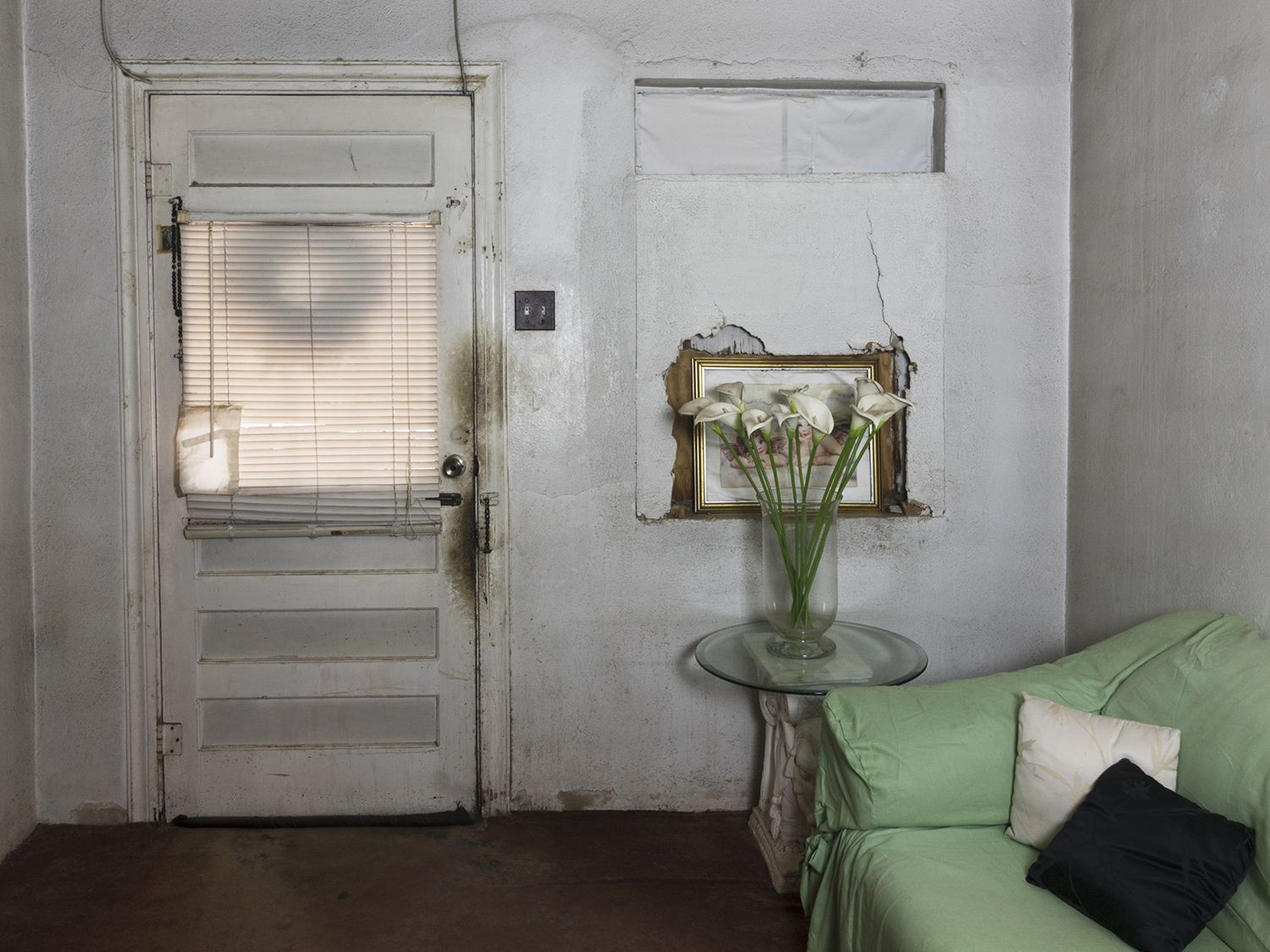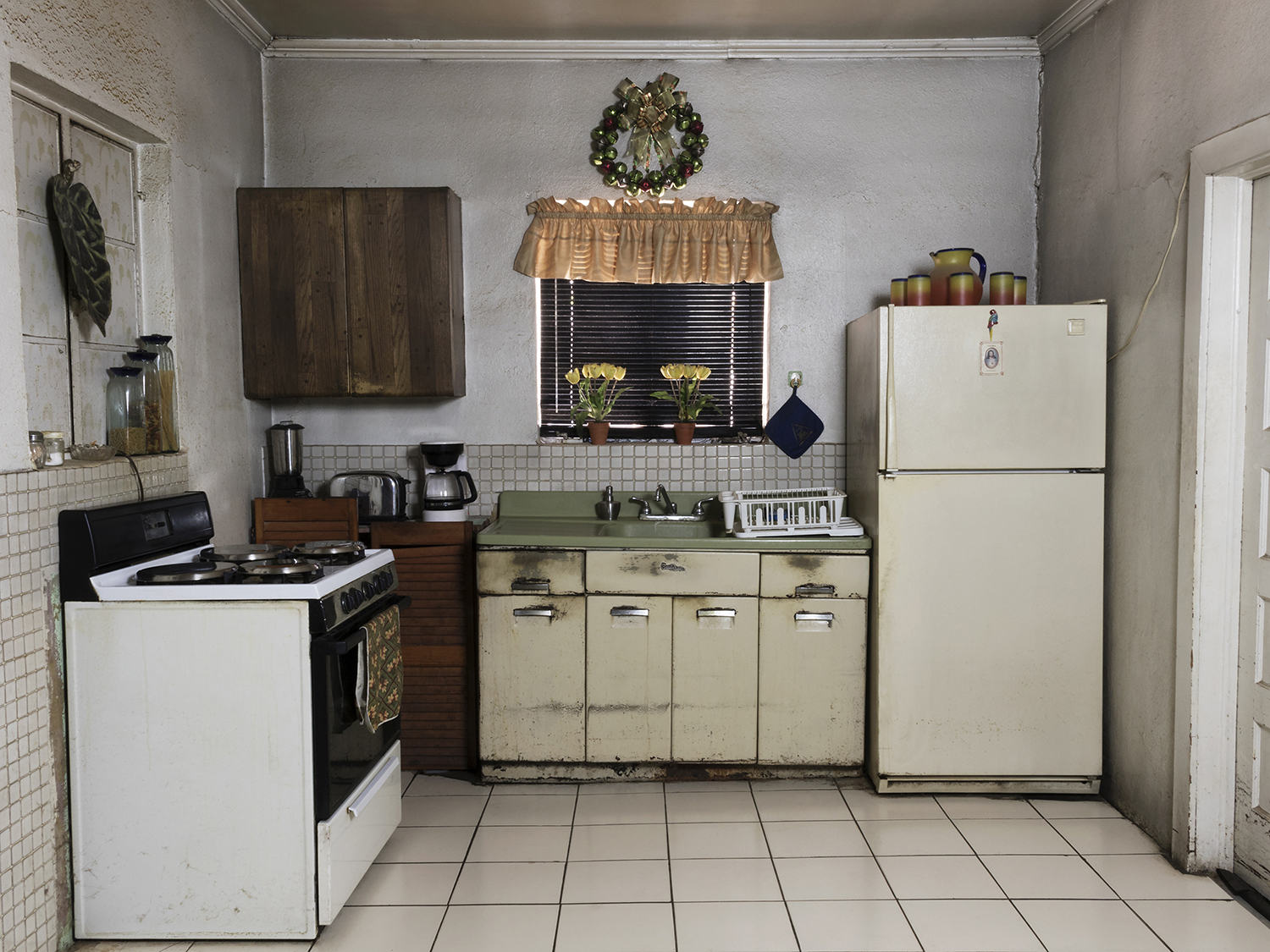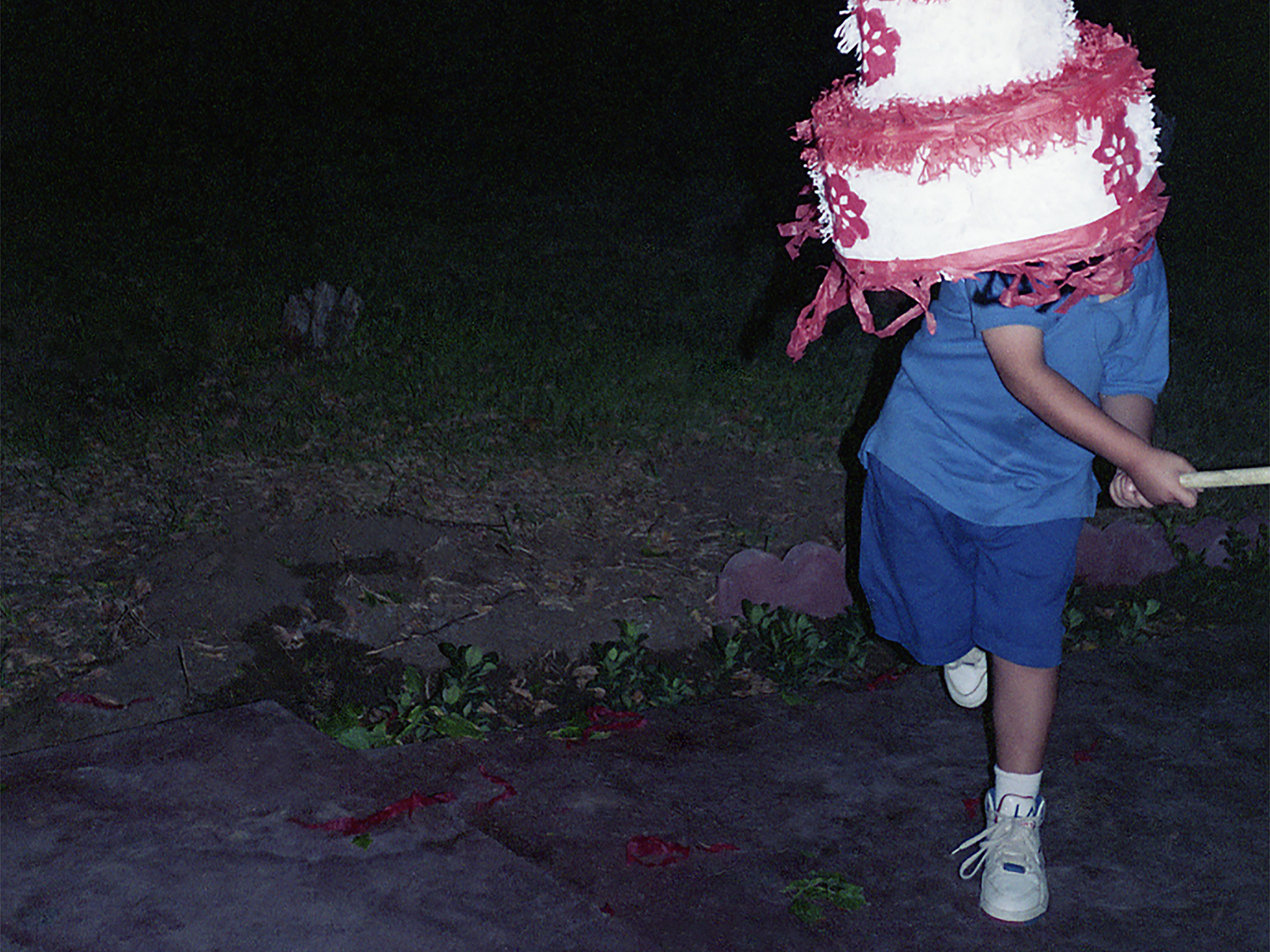Photography

The Photography program at Texas A&M University–Corpus Christi is dedicated to creating a vibrant community of fine art photographic practitioners. Existing within a broad cultural context, photography is understood and advanced as a discipline of consistently developing technical, conceptual, and aesthetic conditions. Courses focus on visual literacy and teach students about the narrative potential of images while also ensuring that they become fluent in both analog and digital processes. Working closely with faculty mentors, students are familiarized with a wide variety of historical and contemporary photographic work as well as photo theory, critique, and professional practices. Ultimately, students learn to use image-making as a powerful means of creation and communication.
Undergraduate Offerings
- ARTS 2356 – Photography I
- ARTS 3365 – Photography II
- ARTS 3366 – Analogue Photography
- ARTS 4365 – Advanced Photography
- ARTS 4391 – Topics in Studio Art
Undergraduate Degrees
Photography Minor
Undergraduate Works
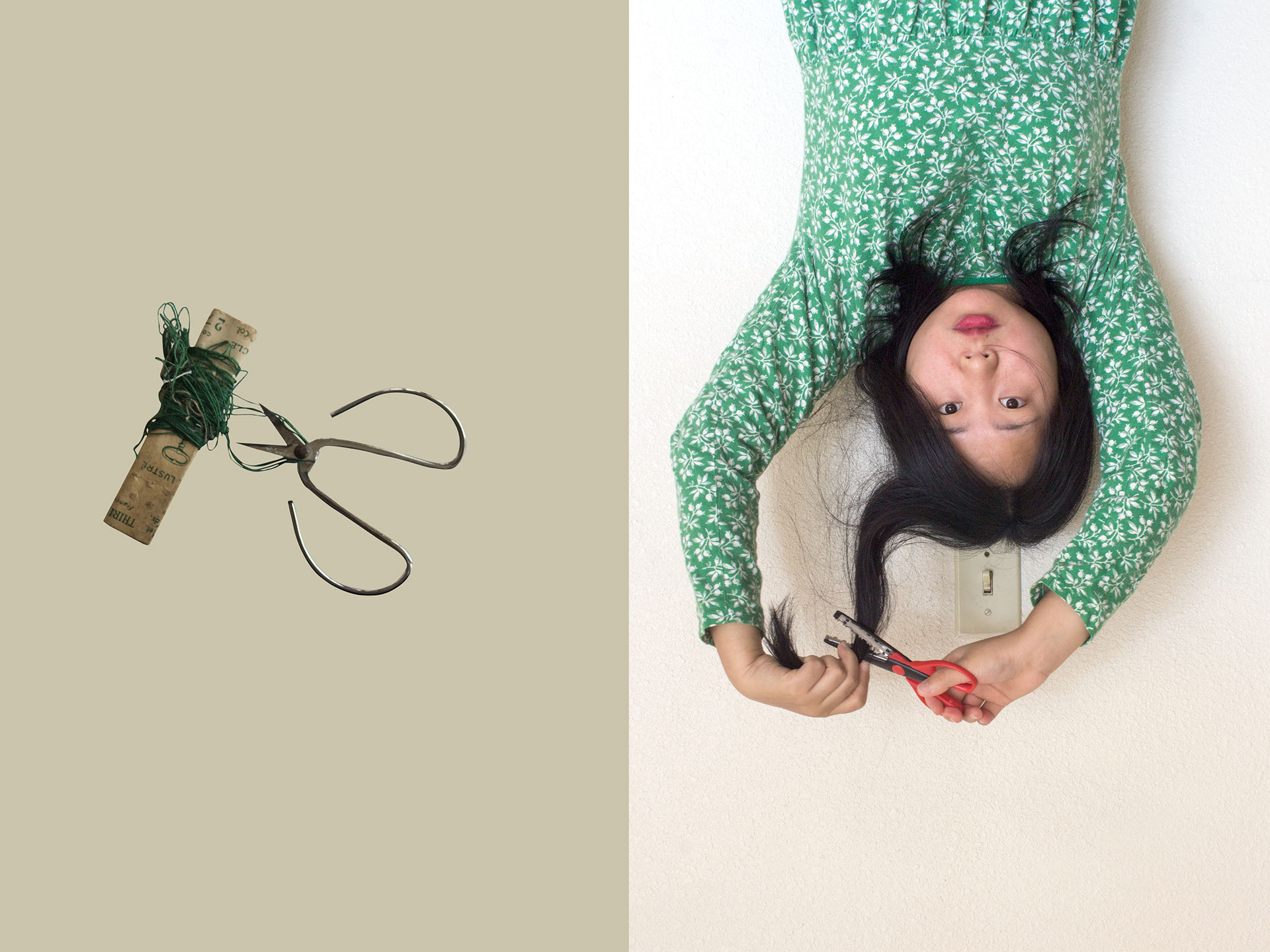
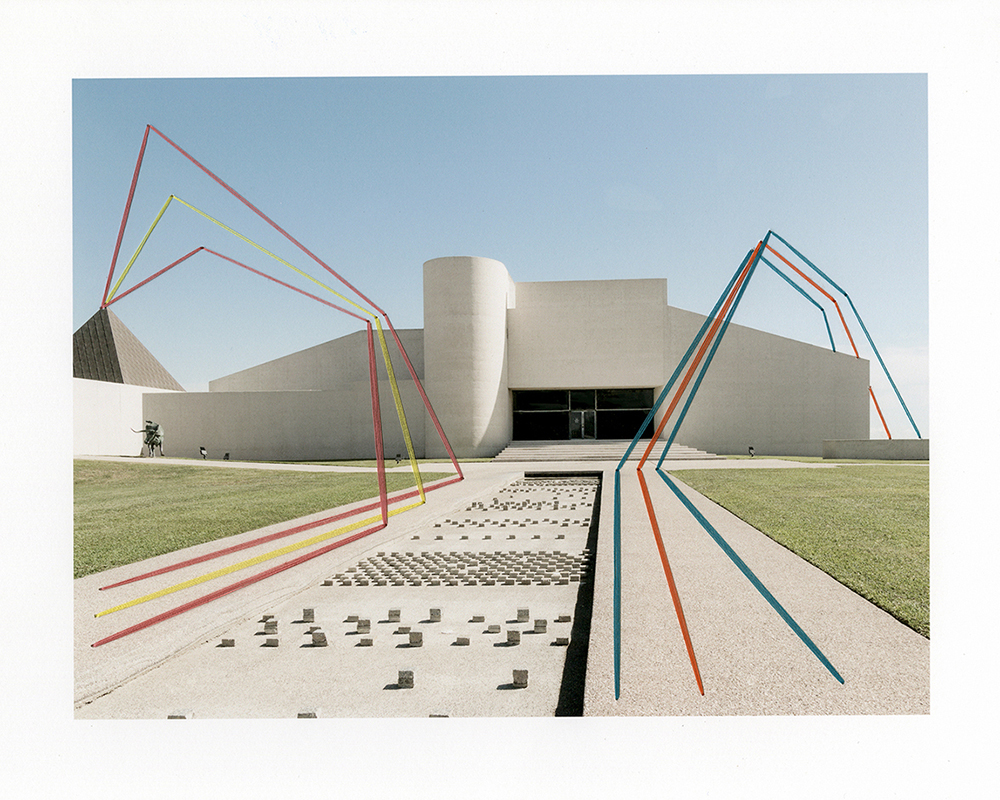
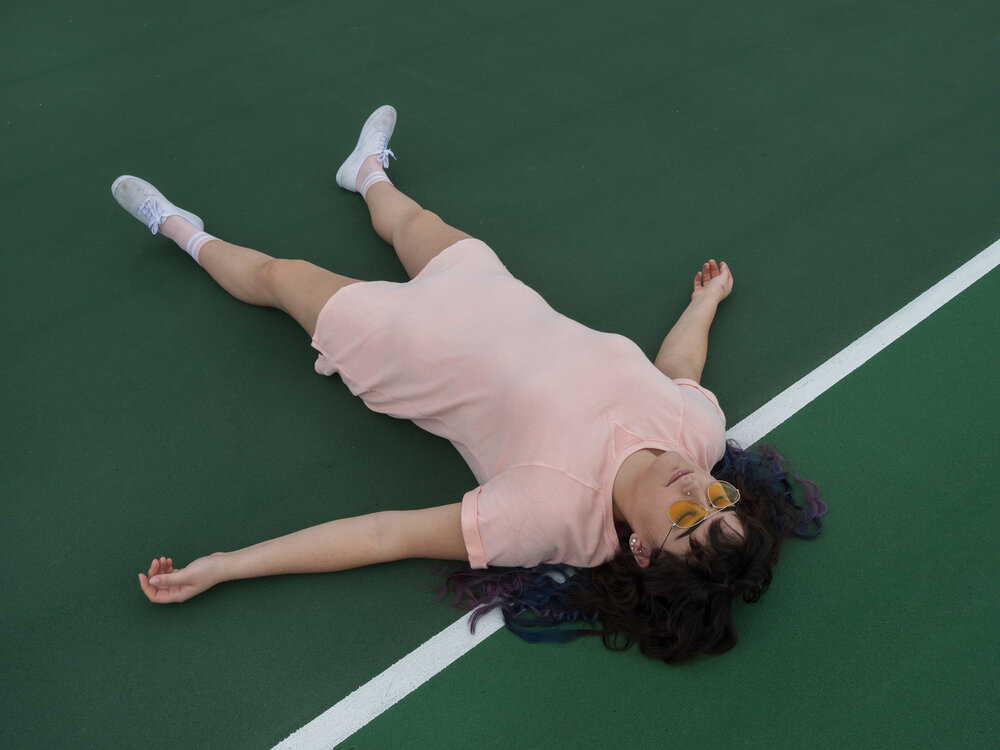
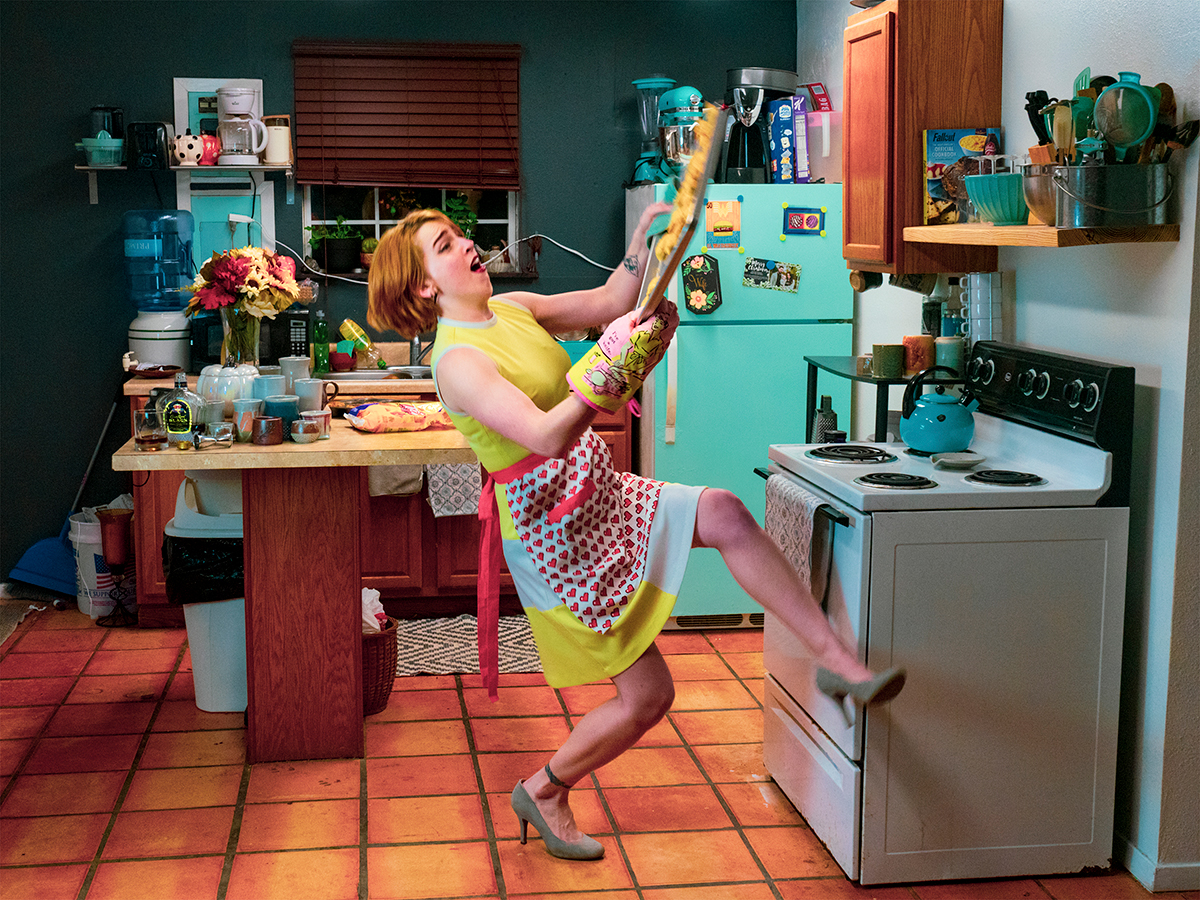
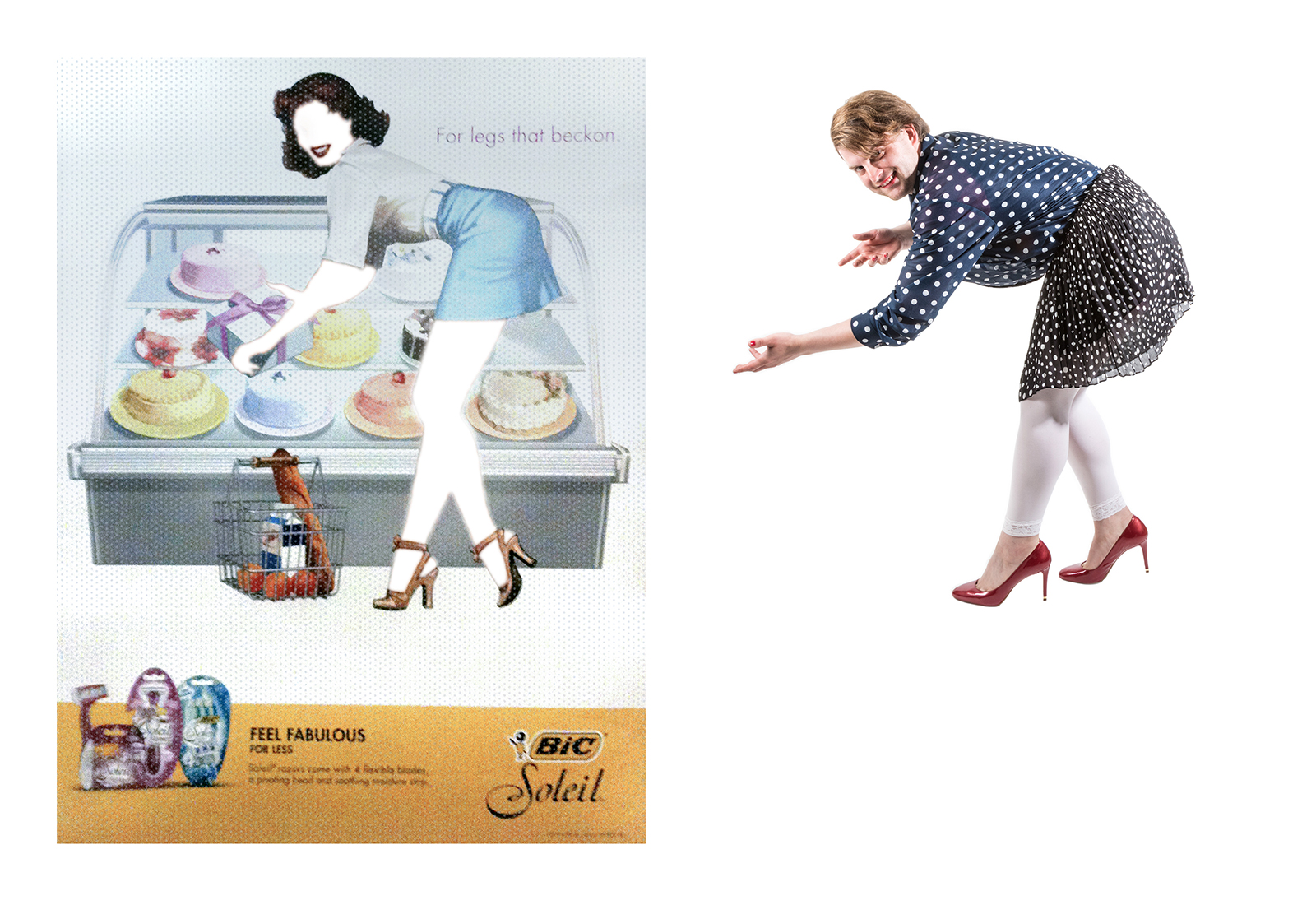
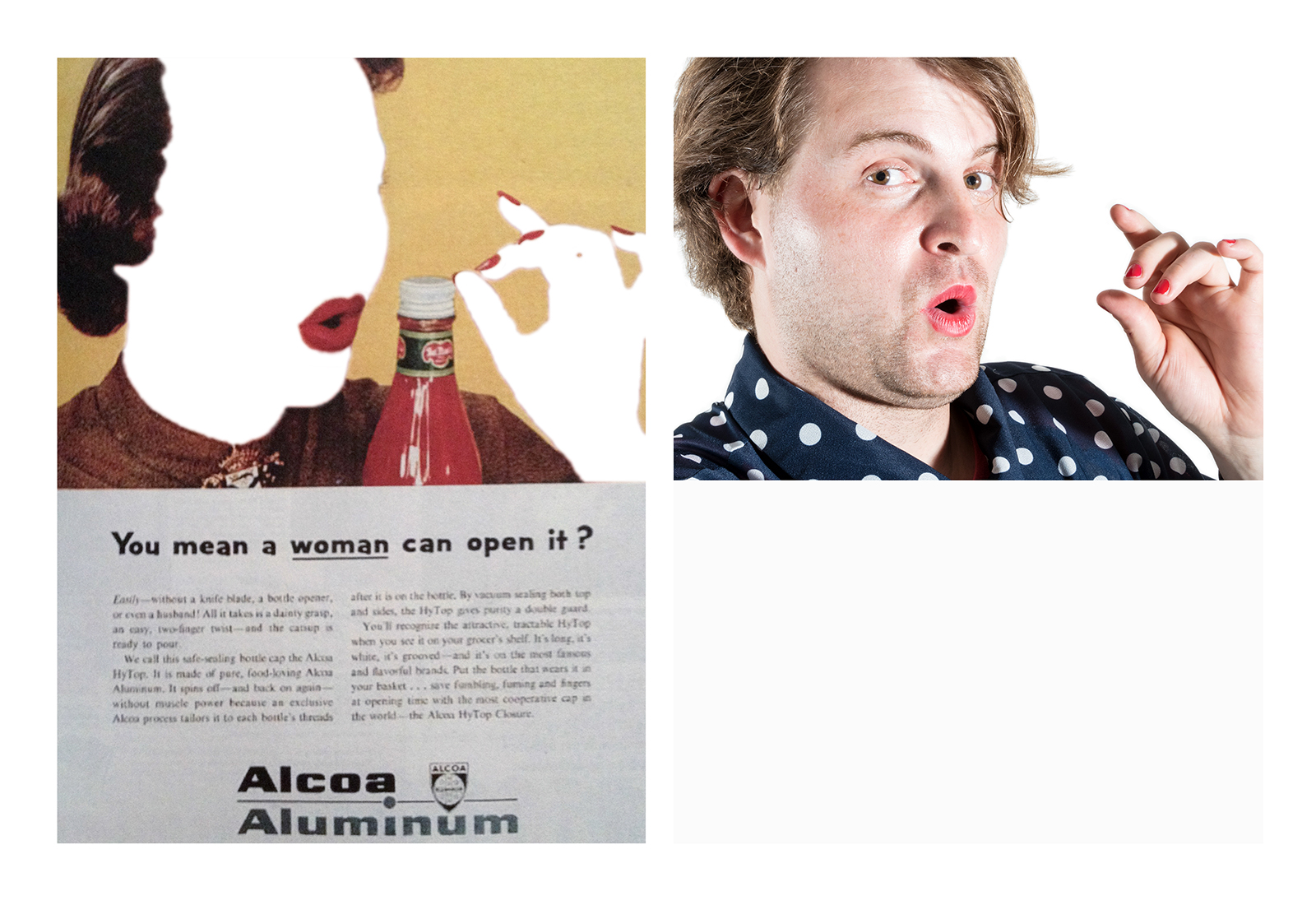
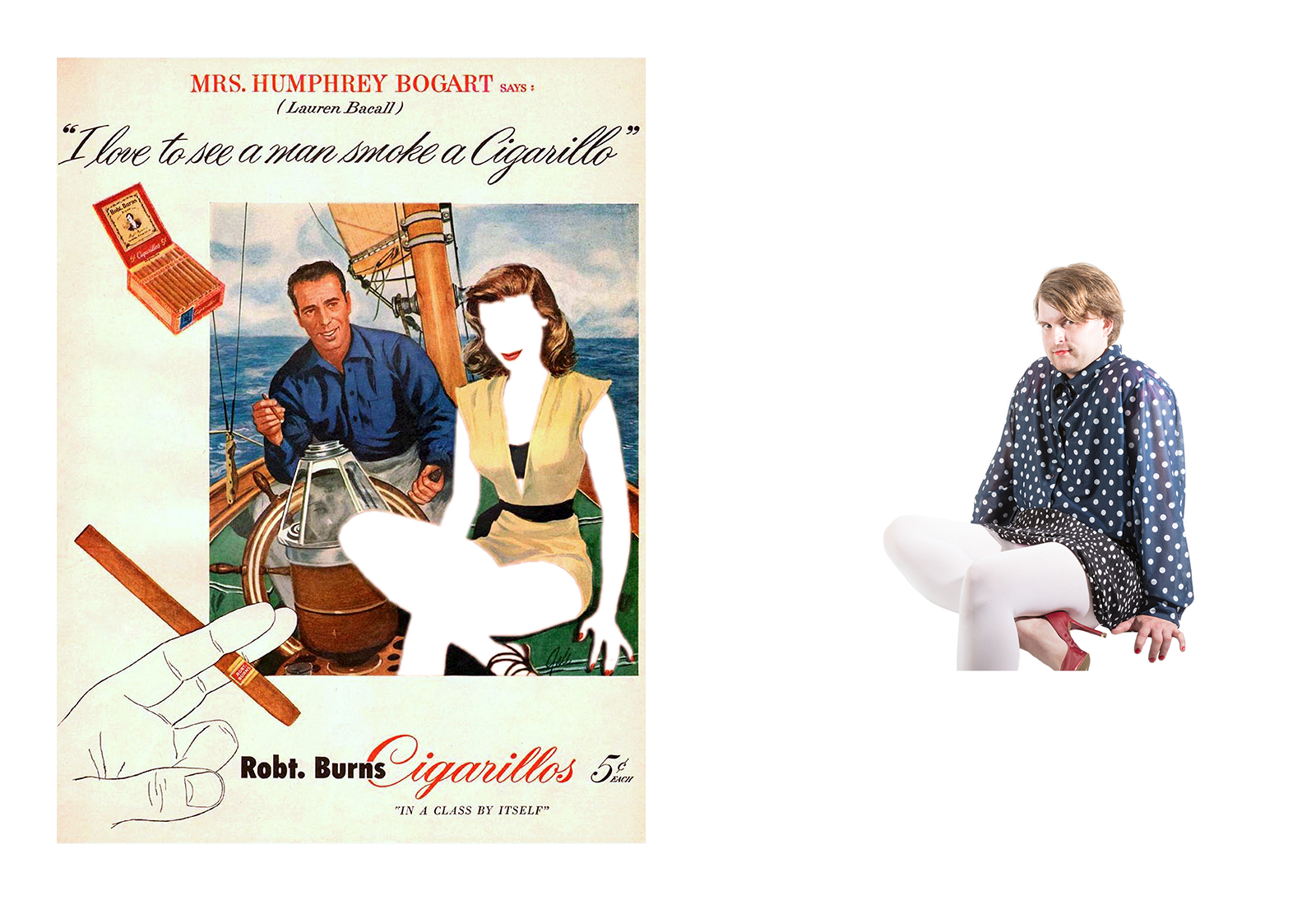
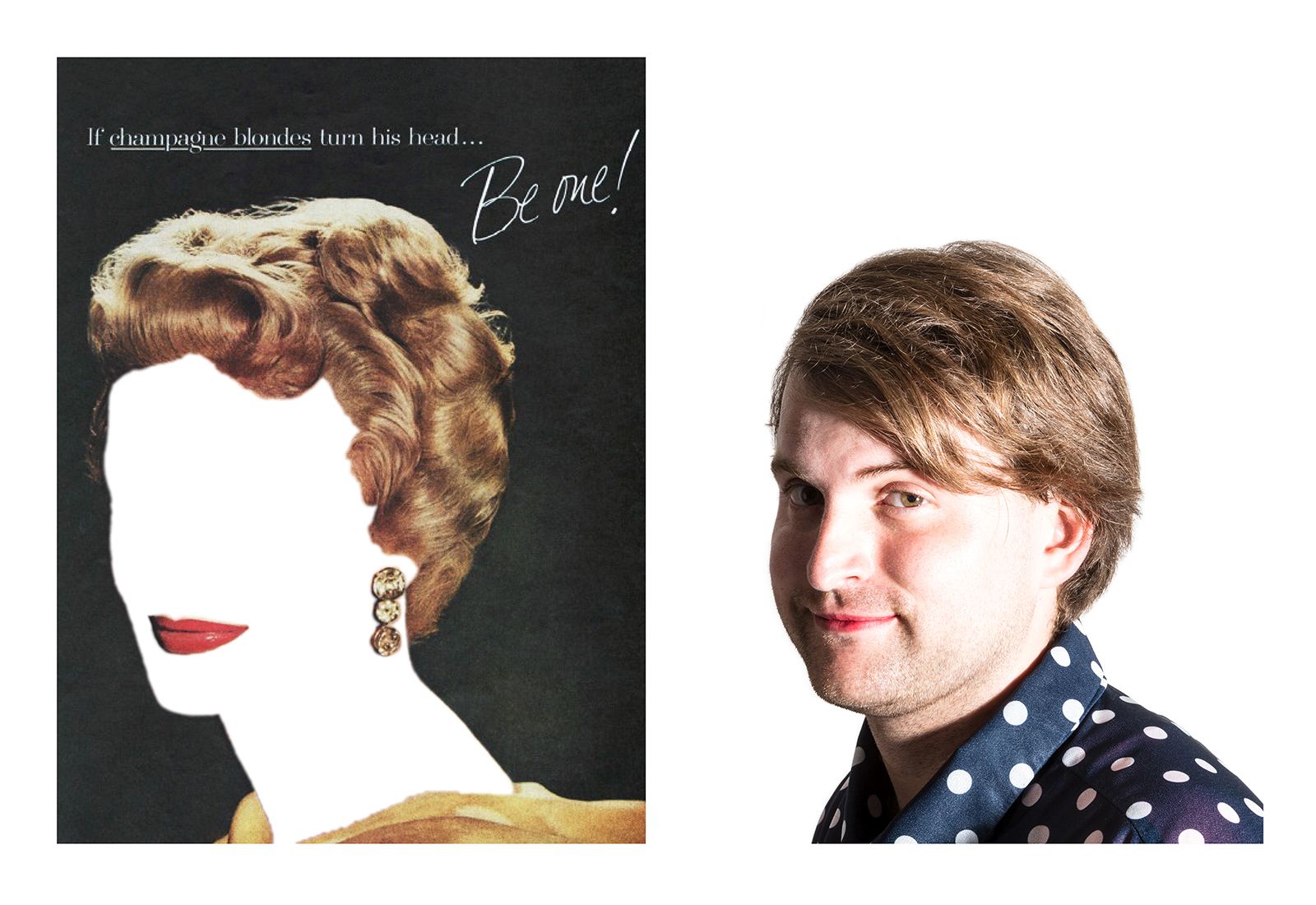
Graduate Offerings
- ARTS 5191 – Graduate Professional Practices Seminar
- ARTS 5316 – MFA Studio in Art: Photography
- ARTS 5320 – Graduate Critique Seminar
- ARTS 5391 – MFA Seminar in Art
- ARTS 5394 – Directed Research
- ARTS 5395 – MFA Thesis
- ARTS 5397 – Graduate Teaching Assistant Practicum
- ARTS 5398 – MFA Project
A showcase of student work can be seen at Blue Light Contemporary: www.bluelightcontemporary.com/showcase
Photography Facility
The Photography Facilities at Texas A&M-Corpus Christi is equipped with a lighting studio, critique space, graduate studios, and two distinct labs: digital and analogue. These labs allow students to explore techniques dating from photography’s inception through to the present.
The digital lab and classroom houses fourteen Mac computers with the latest Adobe software, including Photoshop, Bridge and RAW processor, an Epson scanner, and two Epson P5000 archival pigment printers as well as a printer dedicated to the production of digital negatives for alternative processes.
The analogue lab and classroom is where all silver-gelatin based work is done. It has a lecture space, blackout film loading room, and a darkroom with 12 enlargers and two large sink areas for film development and print processing.
The photo area critique space has magnetic wall boards for print display, work tables, and a multimedia computer-to-tv set-up for slideshow presentations.
The lighting studio is outfitted with a Profoto studio lighting set-up, boom, soft boxes, backgrounds, beauty dish, large format in-studio tripod, and other tools for a full range of professional studio lighting set-ups.
Graduate students in photography have 24-hour access to the photography facilities, including their own office/studio, the lighting studio, an individual analogue darkroom for special projects, and two additional printers: Epson Stylus Pro 7900 24” and an Epson Stylus Pro 9900 44” for large scale digital printing.
Graduate Works
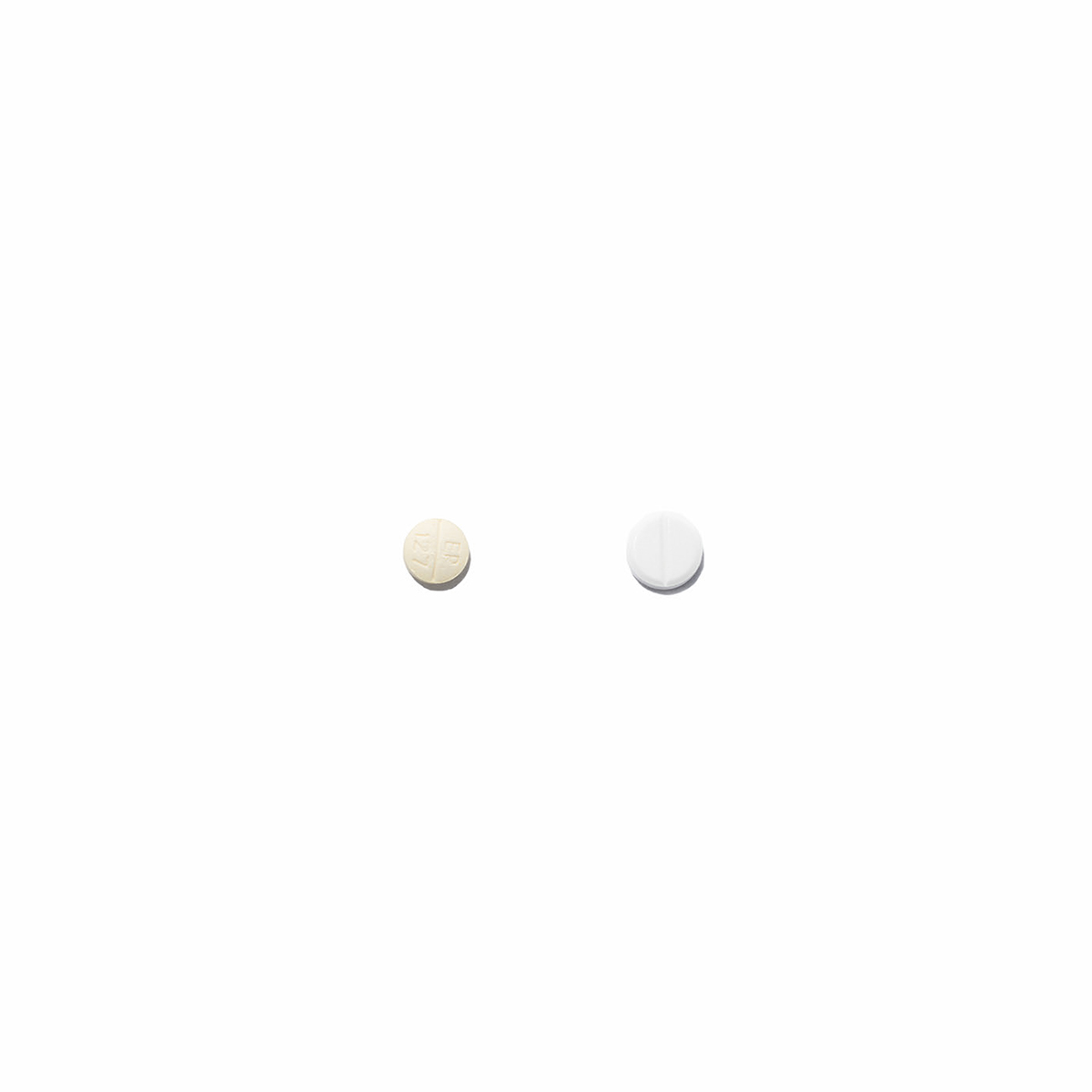 Ambrosia Washington
Ambrosia Washington
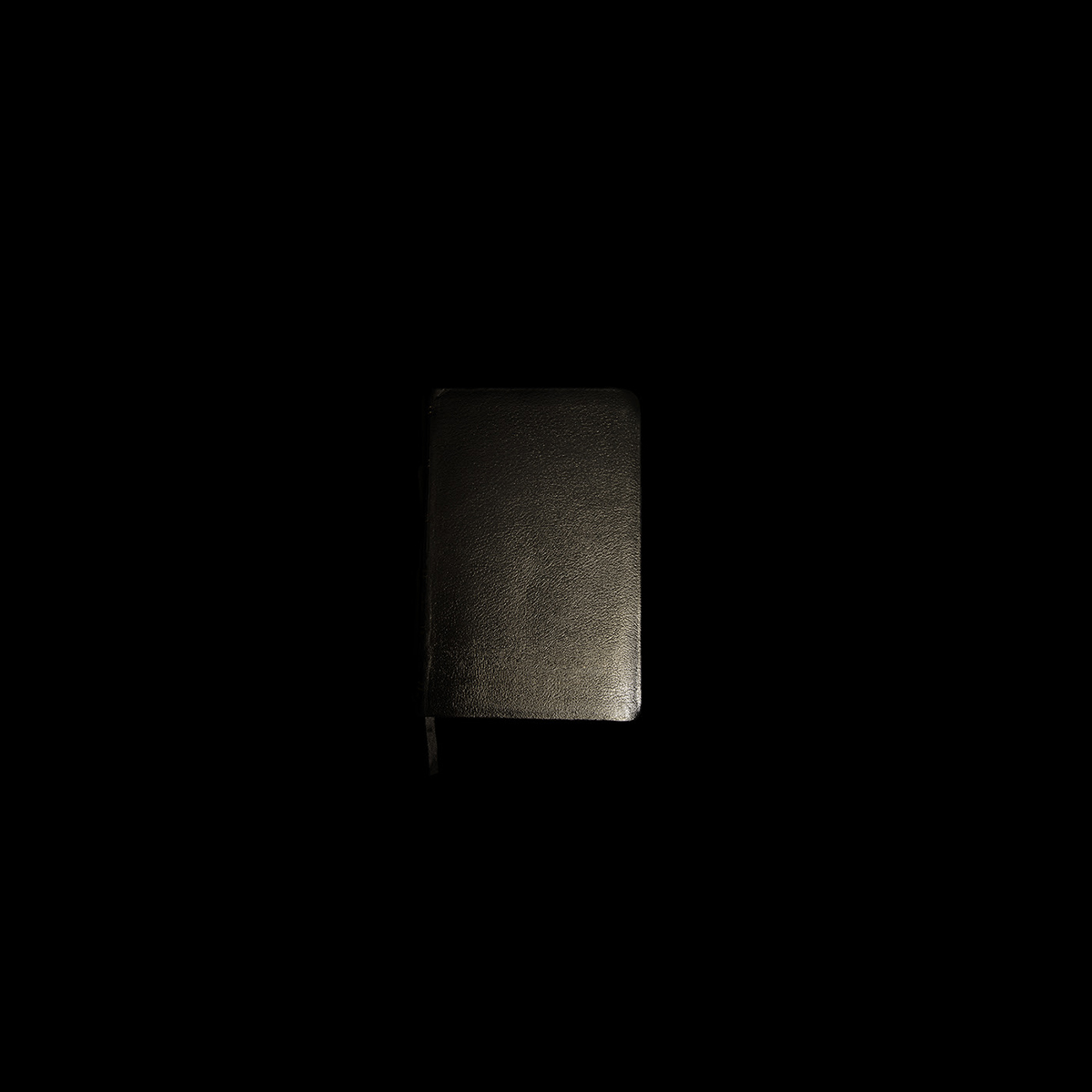
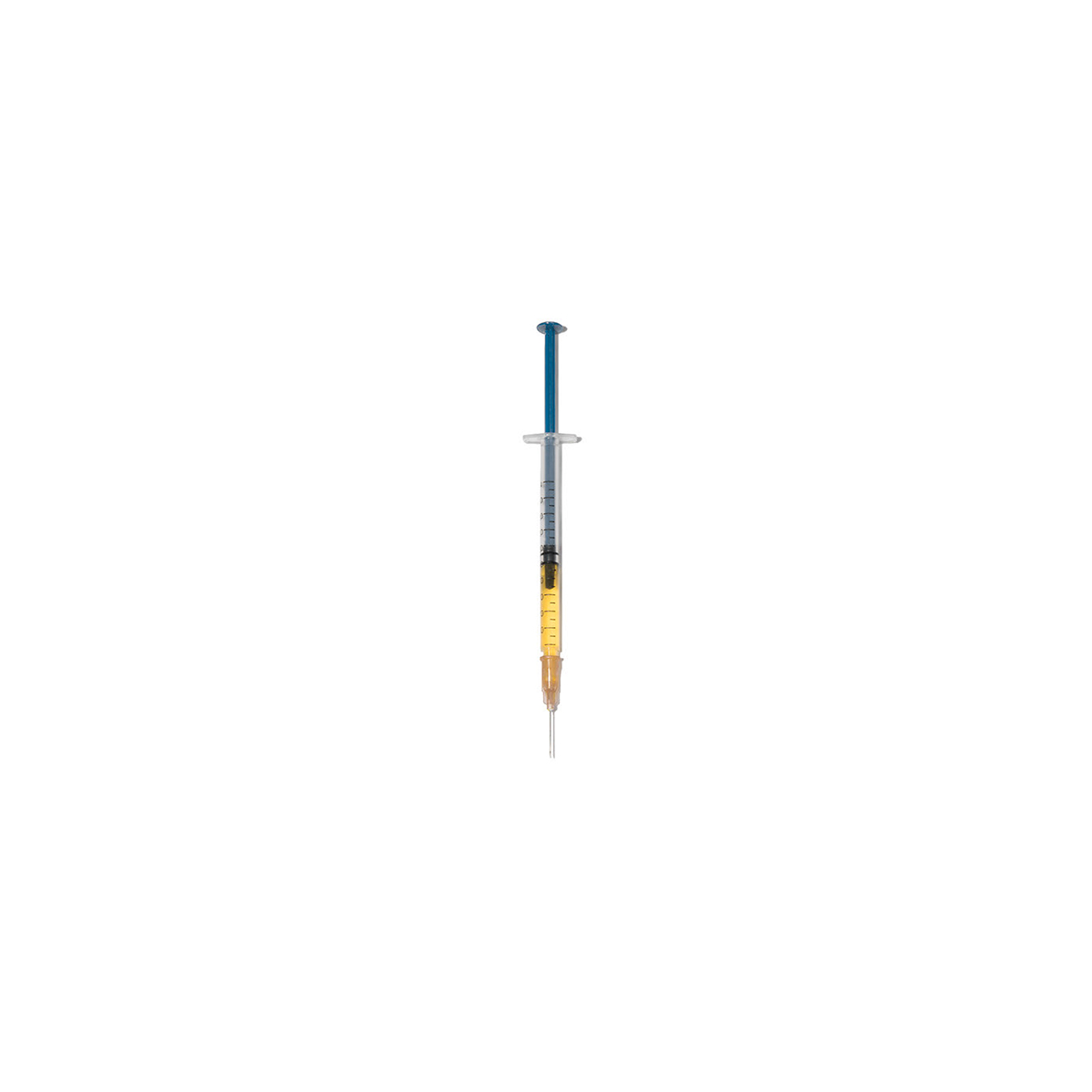
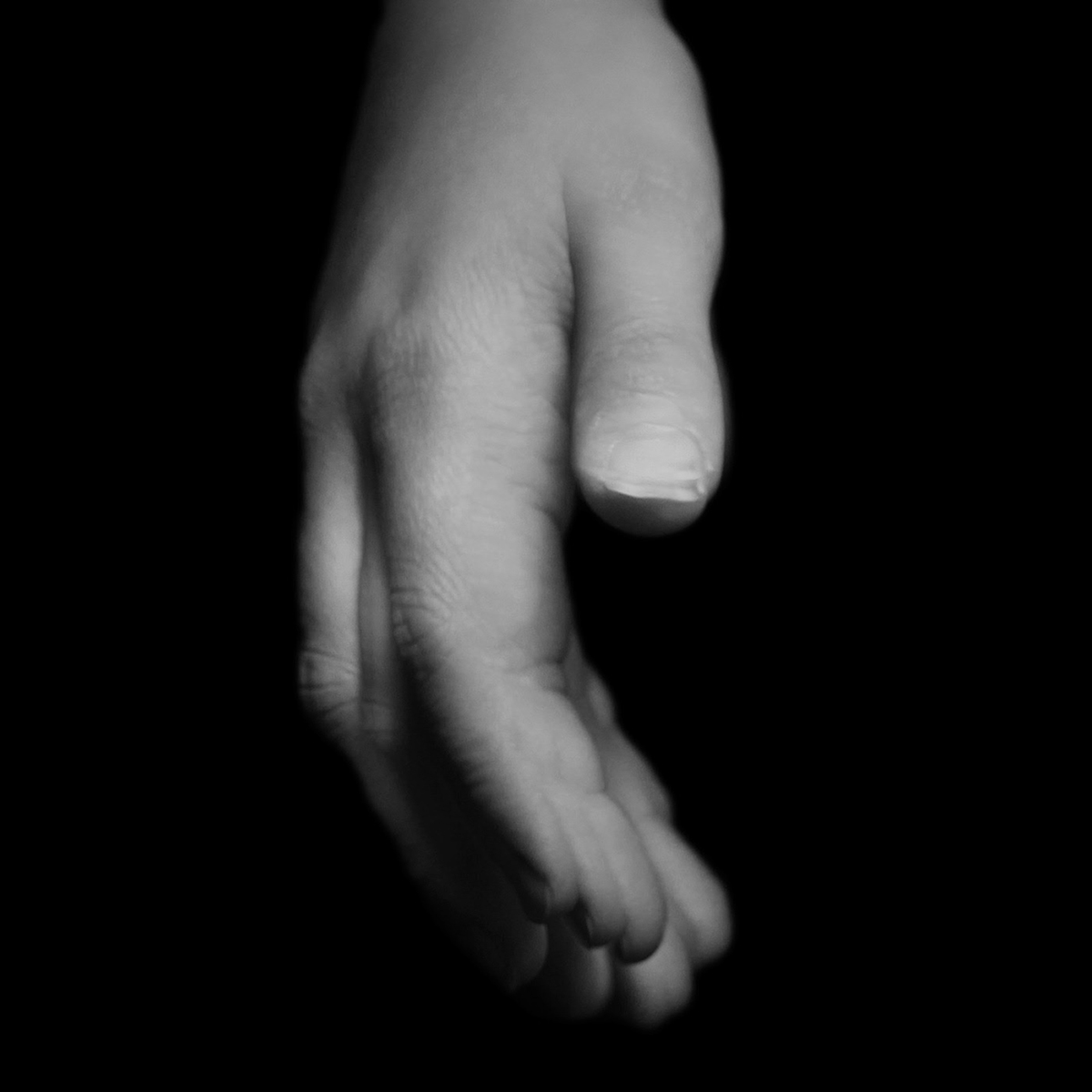
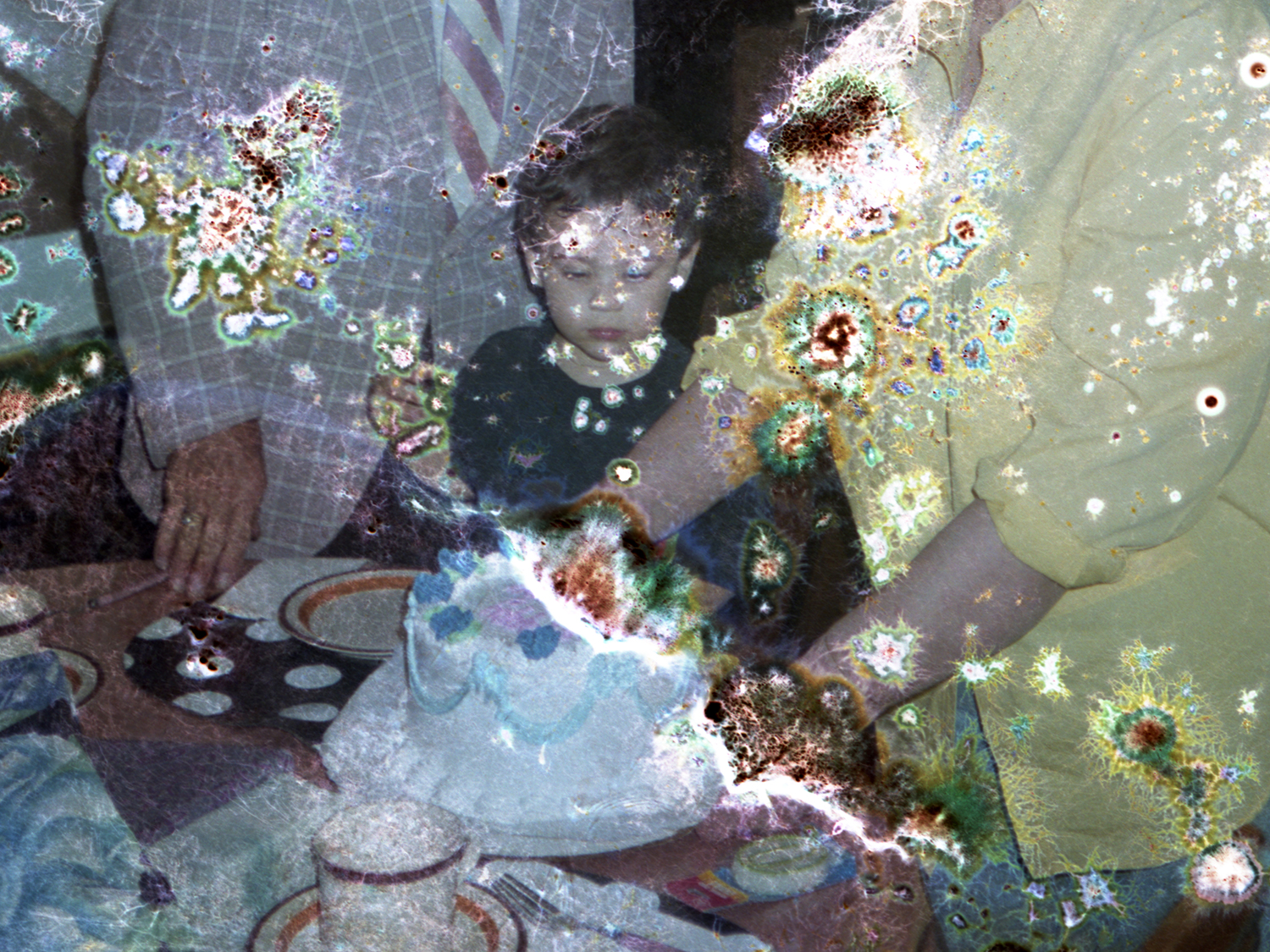 Josh Dancause
Josh Dancause
